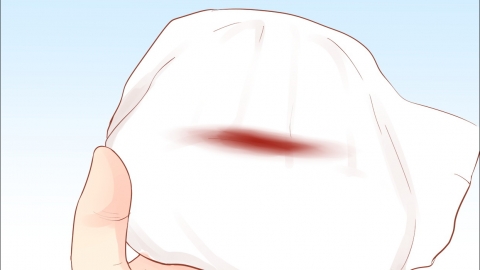What are the symptoms of a ruptured hymen?
Generally speaking, the hymen, also known as the vaginal valve, varies individually in symptoms when it ruptures. Common symptoms may include slight vaginal bleeding, mild pain at the vaginal opening, localized burning sensation, temporary discomfort affecting movement, and slightly increased discharge. Detailed explanations are as follows:

1. Slight vaginal bleeding: The vaginal valve contains a small number of blood vessels, and rupture may cause vascular injury, leading to spotting or slight bleeding. The blood is usually bright red and lasts for several hours to 1-2 days. The amount of bleeding is significantly less than menstrual flow.
2. Mild pain at the vaginal opening: During or shortly after rupture, the vaginal valve may cause sharp pain, distension pain, or pulling pain. Pain severity varies among individuals and depends on the cause of rupture and individual pain thresholds. Most people experience only mild pain that gradually subsides.
3. Localized burning sensation: The damaged mucous membrane may become irritated, causing a mild burning sensation around the vaginal opening, particularly noticeable during urination or physical contact. This sensation typically disappears gradually within 1-2 days as the mucous membrane heals.
4. Temporary discomfort affecting movement: Some individuals may experience mild pulling sensations when walking or sitting due to pain or discomfort, leading to unconscious avoidance of certain postures during activity. This condition lasts for a short duration and normal activities can resume as symptoms subside.
5. Slightly increased discharge: After rupture, the local mucous membrane is in a healing state, which may temporarily increase vaginal discharge slightly. The discharge is usually transparent or light yellow and odorless. If the discharge has an unusual odor or abnormal color, it may indicate an infection.
If there is heavy and continuous bleeding after rupture of the vaginal valve, severe pain, or discharge with a significant odor, prompt medical attention is necessary. Daily care should include maintaining local cleanliness, avoiding strenuous exercise, reducing irritation to the affected area, and promoting mucosal healing.










